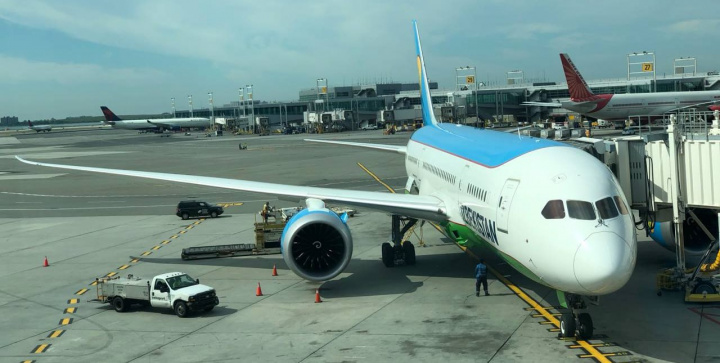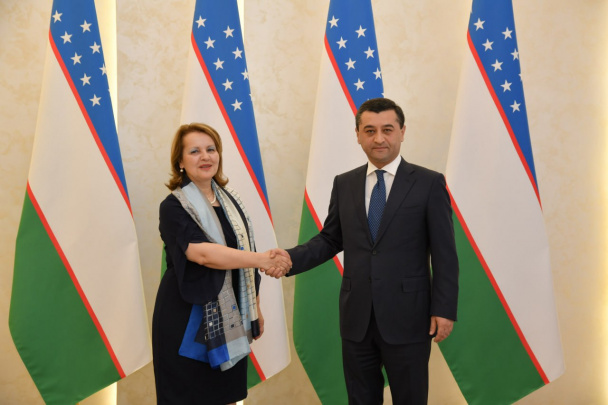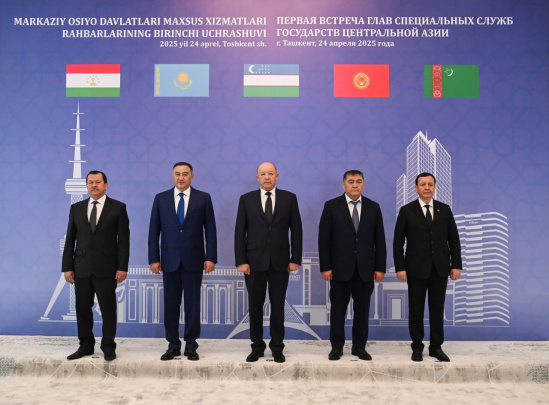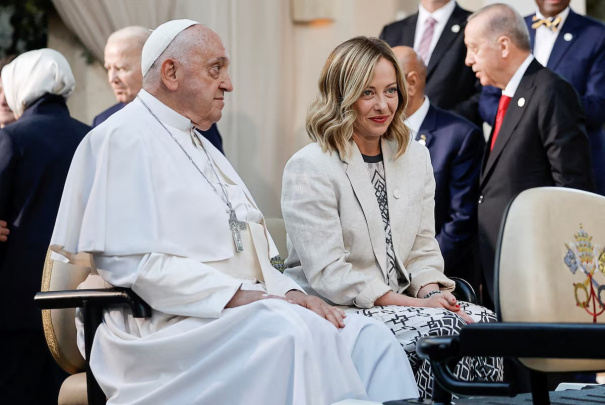Ambassador Henick: Now is the right time for a U.S. presidential visit to Uzbekistan
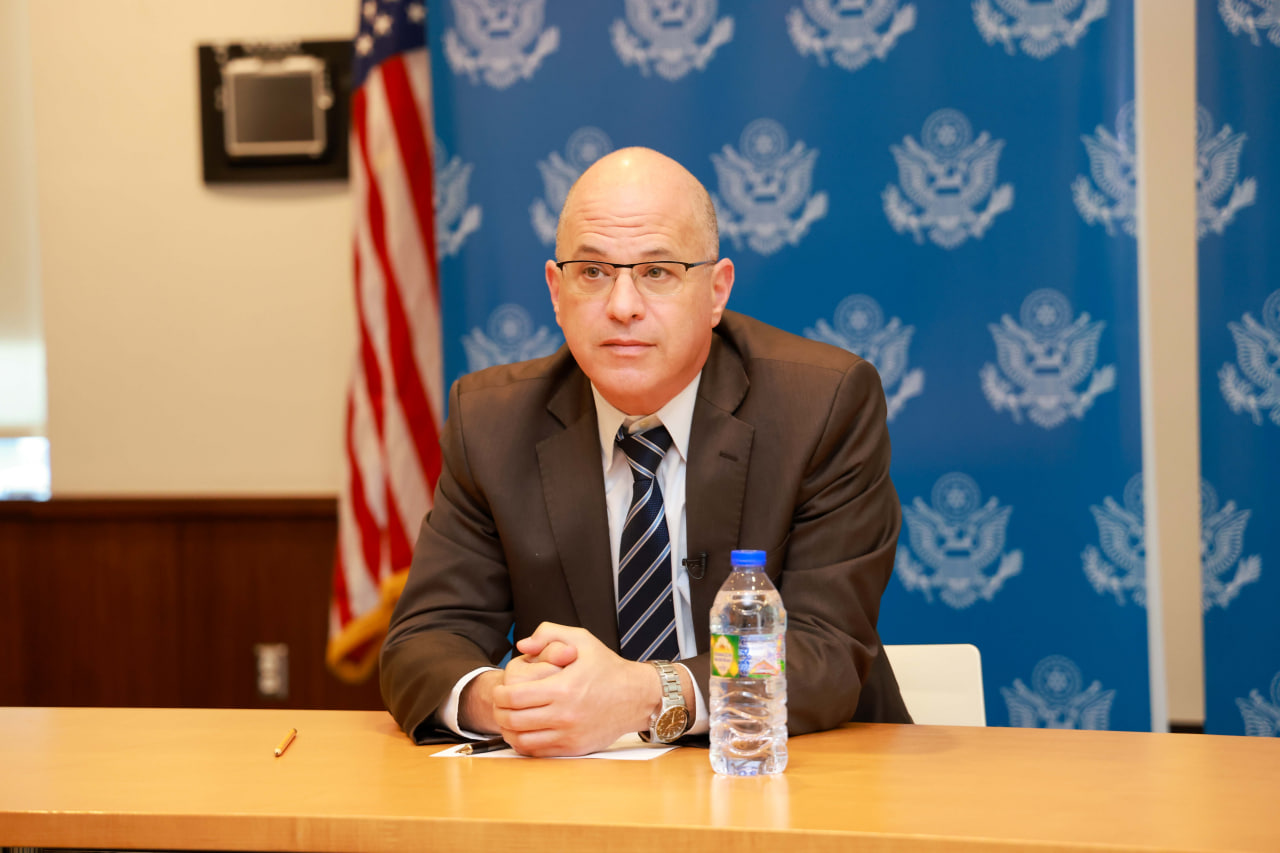
During a visit to the United States led by Foreign Minister Bakhtiyor Saidov and Special Presidential Representative Abdulaziz Kamilov, Uzbekistan's delegation conveyed an official invitation from President Shavkat Mirziyoyev to U.S. President Donald Trump. According to U.S. Ambassador Jonathan Henick, the White House welcomed the invitation and is seriously considering it. Henick added that, with over 30 years of independence, now is the ideal time for a U.S. presidential visit to the region.
On April 24, U.S. Ambassador to Uzbekistan Jonathan Henick met with members of the press. He began by discussing the current state of Washington–Tashkent relations, stating, "We have never been closer." Henick noted that in recent years, the number of Uzbek citizens applying for U.S. visas has reached a maximum, and the consulate has approved a record number of applications. He emphasized that dialogue with the Trump administration continues steadily, especially regarding cooperation on deportations, where U.S. officials have expressed satisfaction with Uzbekistan’s collaboration.
Despite more than 30 years since the Central Asian republics gained independence, no sitting U.S. president has ever visited the region. While there was speculation that President Joe Biden might visit Kazakhstan or Uzbekistan toward the end of his term, no trip materialized. Now, Uzbekistan's delegation has officially invited Donald Trump, and the White House has expressed strong interest.
"When Foreign Minister Saidov and Special Representative Kamilov were in Washington, they extended an invitation to President Trump to visit Uzbekistan, possibly in conjunction with the 'C5+1' summit. I know the White House was very pleased with the invitation. They are seriously considering it, and I am confident they are examining it closely. Given that it has been over 30 years, I truly believe now is the right time for a U.S. presidential visit to the region," Ambassador Henick said.
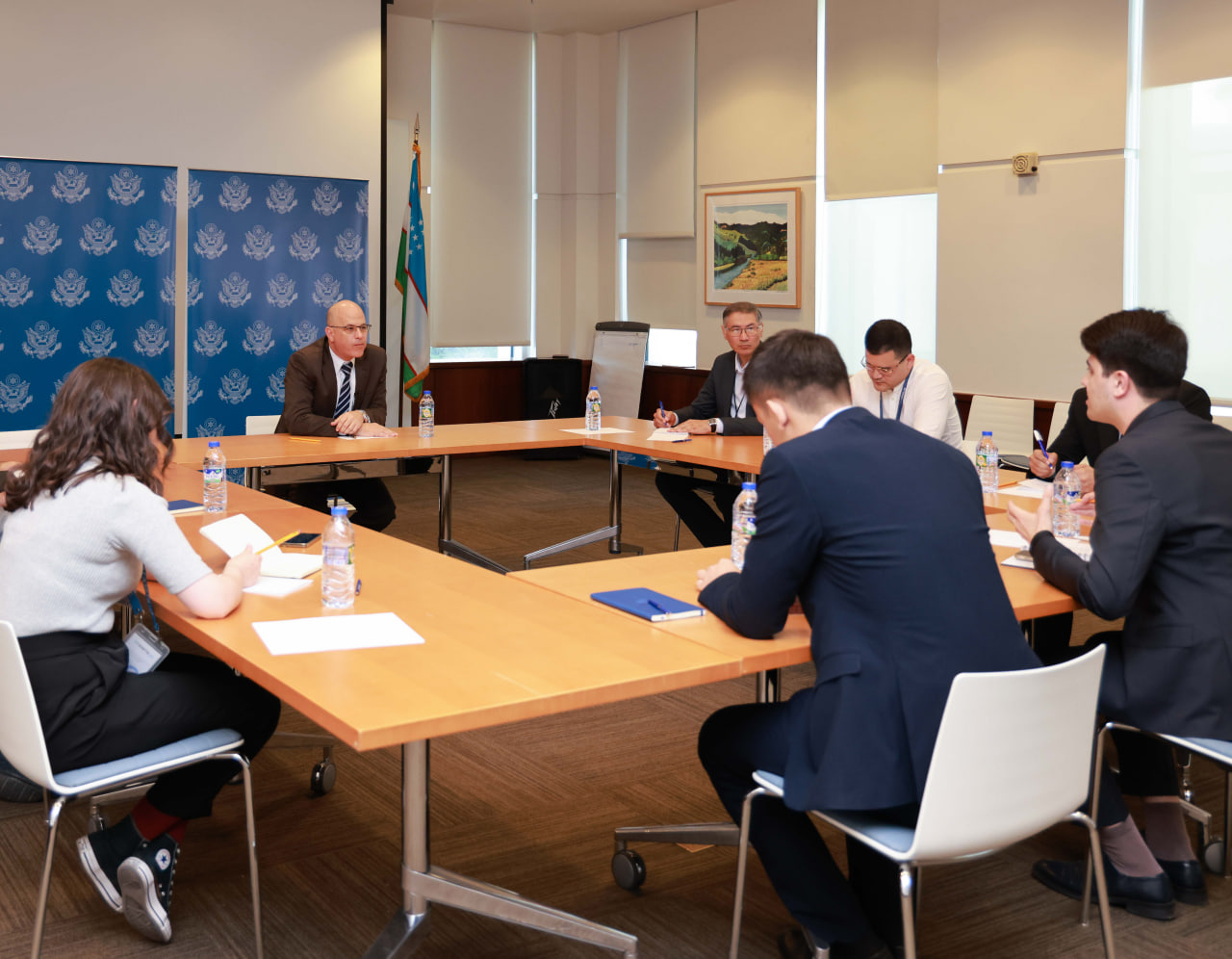
Ambassador responds to Lavrov’s remarks on EU–Uzbekistan relations
Speaking about the recently signed strategic partnership agreement between Central Asia and the European Union in Samarkand, Henick said the U.S. understands and fully supports this development. In response to Kun.uz's question regarding Russian Foreign Minister Sergey Lavrov’s claim that the EU is seeking dominance in Central Asia, Henick stressed that Uzbekistan’s balanced foreign policy makes it a deserving partner.
"Uzbekistan maintains good relations with its neighbors, the United States, and the European Union. The U.S. views this strategic cooperation positively and supports it. We encourage Uzbekistan to continue building friendly relations with both its neighbors and the EU, which complements its strong ties with the United States," said Henick.
"Asylum will no longer be granted for illegal work"
Henick also touched on the new U.S. migration policy under the Trump administration. He clarified that America's doors are no longer as open as before for migrants. However, travelers, workers, students, and businesspeople arriving through legal means are welcomed.
"Access will now be significantly more restricted. Legal avenues to visit the U.S. still exist. Last year, we were pleased to learn that over a thousand Uzbek citizens were studying in the U.S., and we expect this number to grow. We would also like to see more Uzbek students working at the United Nations. However, opportunities for foreigners to work in the U.S. are now limited due to the large number of unauthorized border crossings. Under Trump, seeking asylum for the purpose of working will no longer be an option," Henick stated.
Uzbekistan delegation did not discuss trade tariffs in Washington
In early April, Donald Trump announced new trade tariffs applicable worldwide, including a 10% tariff on goods from Uzbekistan. While experts believe this will not severely impact Uzbekistan directly, it could affect its economy indirectly by influencing its major trading partners.
Ambassador Henick noted that Uzbekistan’s delegation did not raise the issue of tariffs during their meetings with U.S. officials.
"As far as I know, the tariffs applied to Uzbekistan are among the lowest imposed globally. This issue was not discussed at the meetings I attended in Washington. However, I know that Uzbek officials, including Minister Kuchkarov and Special Representative Urunov, were also engaged in negotiations with the IMF and the World Bank and held bilateral meetings with U.S. officials. I assume trade tariffs might come up as part of these discussions," Henick explained.
"Democracy and human rights policy will remain largely unchanged"
Amid concerns that a Trump return could push the U.S. toward authoritarianism — including speculation about constitutional changes allowing a third term — Henick stressed that America’s commitment to democracy and human rights remains a constant, regardless of the administration.
"I have served over 30 years as a diplomat in the State Department under both Republican and Democratic administrations. Throughout that time, support for human rights, including freedom of speech and press, has consistently been a core element of our foreign policy. These are fundamental American values that reflect who we are, not optional actions. I believe this commitment will continue, though its form may evolve. Trump and Secretary of State Rubio view human rights as an important part of our foreign policy, but they believe it should be more integrated with other areas like national security," said Henick.
U.S. has no plans to recognize Taliban government
Afghanistan remains a vital concern for Uzbekistan's security and the region’s stability. Since the Taliban’s return to power in August 2021, no country has officially recognized their government, though dialogue continues. While Trump has announced plans to retrieve military equipment left in Afghanistan if re-elected, he has avoided commenting on Taliban recognition.
Henick confirmed that Washington’s position remains unchanged: the United States has no plans to recognize the Taliban government.




